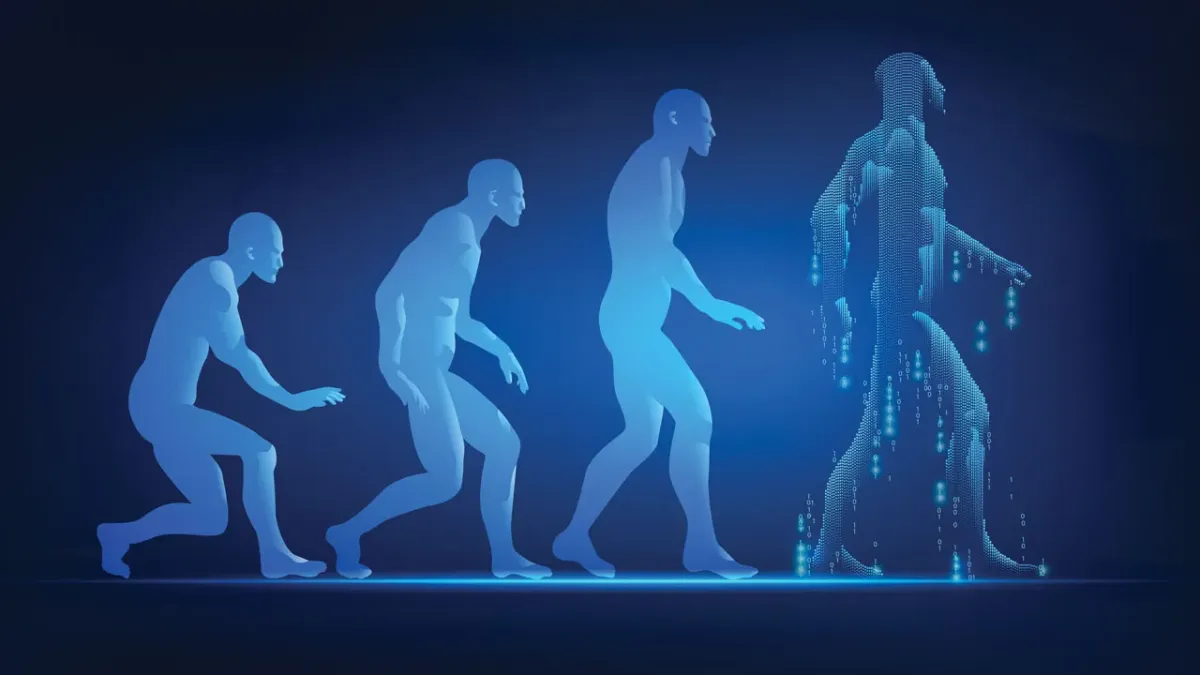
The Rise of Artificial Intelligence: Transforming the World One Algorithm at a Time
Artificial intelligence (AI) has swiftly evolved from theoretical experimentation to a cornerstone of modern innovation, redefining how individuals, businesses, and institutions operate in the United States and beyond. With the explosion of data, leaps in computing power, and the advancement of algorithms, AI is no longer the distant dream of sci-fi. It is a present-day force shaping the way we live, work, heal, shop, manufacture, and make decisions.
From chess-playing machines to self-driving vehicles, today's most sophisticated AI systems rely on deep learning and natural language processing to simulate human cognition. These technologies allow machines to learn from vast data sets, adapt to new information, and carry out tasks once thought to be exclusive to human intelligence.
A Brief History: The Evolution of AI
The term artificial intelligence was first coined in 1956, during a period of rapid technological curiosity. Early research explored symbolic logic and problem solving. By the 1960s and 1970s, agencies like the U.S. Department of Defense were investing heavily in AI, laying the groundwork for today’s intelligent systems—from early street mapping initiatives to precursors of digital assistants like Siri and Alexa.
The 1980s through the 2010s saw machine learning take center stage, automating complex analytical tasks. From 2011 onward, deep learning brought about an AI renaissance, enabling revolutionary advances in image recognition, voice interfaces, and real-time decision systems. Now, we are in the generative AI era—defined by large language models (LLMs) capable of creating original content, simulating conversation, and enhancing human creativity.
Why AI Matters Today
AI is not just a technological trend—it’s a new layer of intelligence infused into the fabric of modern life:
Automates Repetitive Tasks: AI enables high-frequency, data-driven actions to be performed reliably, consistently, and without human fatigue. From factory floors to financial dashboards, it’s increasing output while freeing up human attention.
Enhances Existing Products: Just as AI became a feature of mobile devices through digital assistants, it now improves systems across sectors—adding intelligence to security cameras, marketing tools, and home automation.
Learns and Adapts Automatically: With self-learning capabilities, AI algorithms can optimize product recommendations, detect fraud, or personalize education without being explicitly programmed for each scenario.
Unlocks Deeper Insight from Data: Neural networks now make it possible to analyze volumes of complex data that once required teams of human analysts—enabling breakthroughs in healthcare, logistics, and consumer behavior.
Improves Accuracy Over Time: As AI systems process more interactions, they become more precise—whether it’s diagnosing cancer or understanding voice commands with increasing nuance.
Turns Data into Competitive Advantage: The best AI is only as good as the data it learns from. With superior datasets and ethical application, AI enables companies and individuals to innovate at unparalleled speed and scale.
AI in Everyday Life
The integration of AI is already widespread, delivering real, tangible benefits across industries:
Healthcare: AI reads X-rays, suggests personalized treatments, and powers wearable tech to improve wellness.
Retail: Virtual shopping assistants make personalized product suggestions, while AI optimizes inventory and floor layout.
Manufacturing: Predictive AI analyzes streaming IoT data to forecast demand, prevent downtime, and optimize production lines.
Banking & Finance: AI detects fraud in real time, refines credit scoring, and automates back-office operations with unprecedented speed.
Conservation & Science: From analyzing wildlife footprints to modeling climate trends, AI is being used to protect ecosystems and inform global policy.
How AI Works: The Core Technologies
AI’s power lies in its ability to mimic human intelligence through a layered architecture:
Machine Learning: Allows systems to learn from data without explicit programming.
Neural Networks: Mimic the brain’s decision-making process by passing data through interconnected nodes.
Deep Learning: Uses multiple layers of neural networks to identify patterns in complex datasets, powering everything from facial recognition to autonomous driving.
Natural Language Processing (NLP): Enables machines to understand, interpret, and generate human language.
Computer Vision: Gives AI the ability to “see” and interpret visual information.
APIs and Integration Tools: Allow companies to embed AI into existing software, transforming traditional applications into intelligent solutions.
AI Agents and Autonomy: What’s Next?
AI is rapidly evolving toward autonomous agents—LLM-powered systems capable of making decisions, solving problems, and performing tasks with minimal human oversight. These agents are already showing up in digital workflows, personal finance tools, and advanced analytics platforms. While some require human approval, others operate independently, optimizing processes in real time.
The line between human and machine roles is blurring—and with it comes the need for trustworthy AI. Ethics, fairness, sustainability, and transparency must be central to this next phase of AI’s growth.
In a world where AI is embedded into everything from medical devices to marketing campaigns, staying informed is no longer optional. At DailyAIPost.com, we help you navigate this rapidly changing landscape with daily updates on:
Generative AI Trends: Understand how tools like ChatGPT, Claude, and Gemini are changing industries.
AI in Your Industry: Get insights into how AI is transforming sectors like finance, healthcare, education, real estate, law, and entertainment.
AI Jobs and Skills: Track how the U.S. job market is adapting and what skills will keep you future-ready.
AI Ethics & Safety: Stay updated on the policies and debates shaping the responsible use of AI in society.
Consumer AI: Learn how to use AI tools in your personal life, from productivity apps to smart home devices.
Breakthroughs in Machine Learning: Be the first to know about advancements in neural networks, deep learning, and robotics.
Each headline, each insight, and each analysis is crafted to help you make smarter decisions—whether you’re a business leader, student, engineer, creator, or curious mind trying to understand the future.
As artificial intelligence becomes increasingly indistinguishable from human thought, the real question is: Will we shape AI—or will AI reshape us?
Stay informed on the future of artificial intelligence and its impact on everyday life by making DailyAIPost.com part of your daily routine—because in the age of AI, staying ahead means staying updated.
